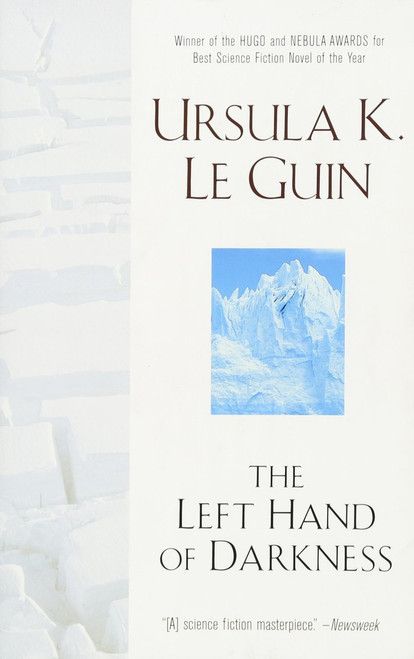One of the most widely read novels of all time, Les Misérables was the crowning literary achievement of Victor Hugo’s stunning career. Though he was considered the greatest French writer of his day, Hugo was forced to flee the country because of his opposition to Napoleon III. While in exile he completed Les Misérables, an enormous melodrama set against the background of political upheaval in France following the rule of Napoleon I.
This newly abridged edition of Les Misérables tells the story of the peasant Jean Valjean—unjustly imprisoned, baffled by destiny, and hounded by his nemesis, the magnificently realized, ambiguously malevolent police detective Javert. As Valjean struggles to redeem his past, we are thrust into the teeming underworld of Paris with all its poverty, ignorance, and suffering. Just as cruel tyranny threatens to extinguish the last vestiges of hope, rebellion sweeps over the land like wildfire, igniting a vast struggle for the democratic ideal in France.
A monumental classic dedicated to the oppressed, the underdog, the laborer, the rebel, the orphan, and the misunderstood, Les Misérables is a rich, emotional novel that captures nothing less than the entirety of life in nineteenth-century France.
Edited and Abridged by Laurence Porter
Translated by C.E. Wilbur
About the Author
Victor Hugo was a French author of the romantic literary movement. "If a writer wrote merely for his time, I would have to break my pen and throw it away," the larger-than-life Victor Hugo once confessed. Indeed, this 19th-century French author's books — from the epic drama Les Misérables to the classic unrequited love story The Hunchback of Notre Dame — have spanned the ages, their themes of morality and redemption as applicable to our times as to his.
Laurence M. Porter has published twelve books, including Victor Hugo (1999), and a hundred articles and chapters. He was a National Endowment for the Humanties Senior Fellow in 1998. He teaches French at Michigan State University, where he won the Distinguished Faculty Award in 1995.







